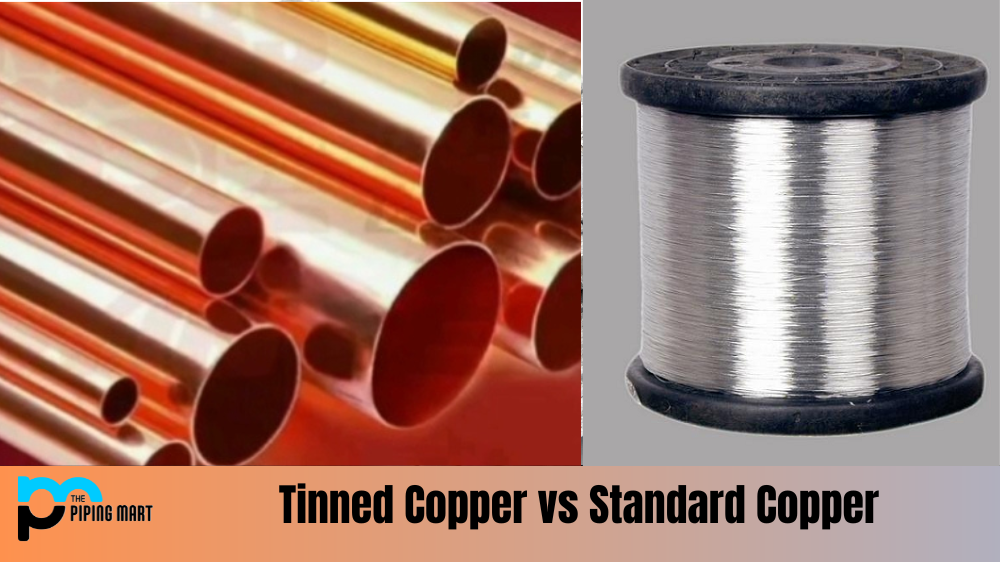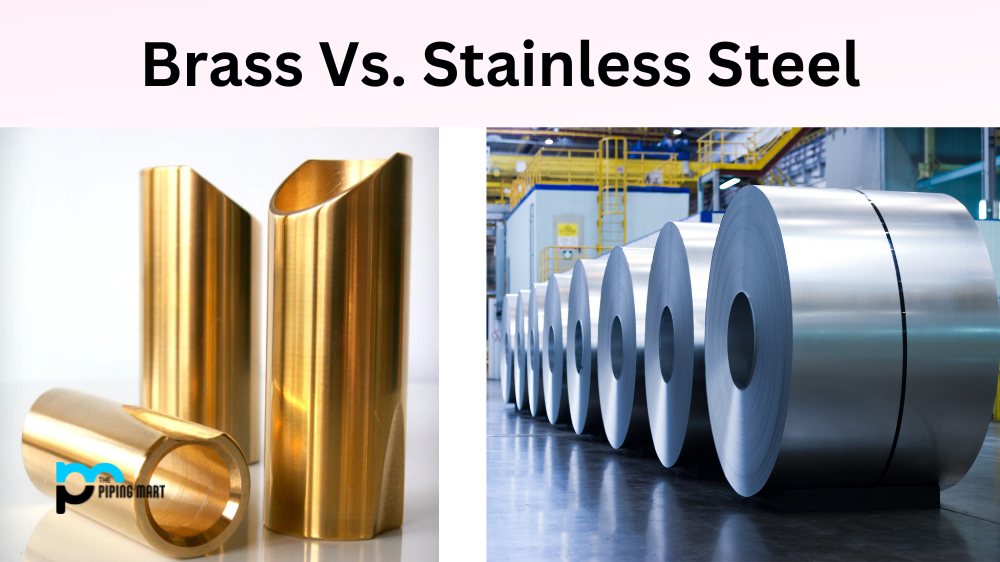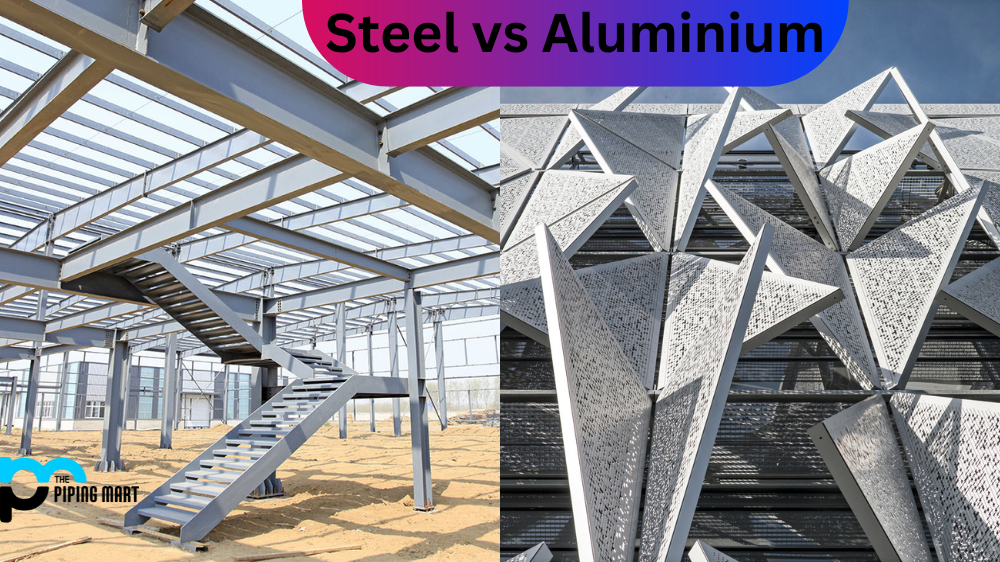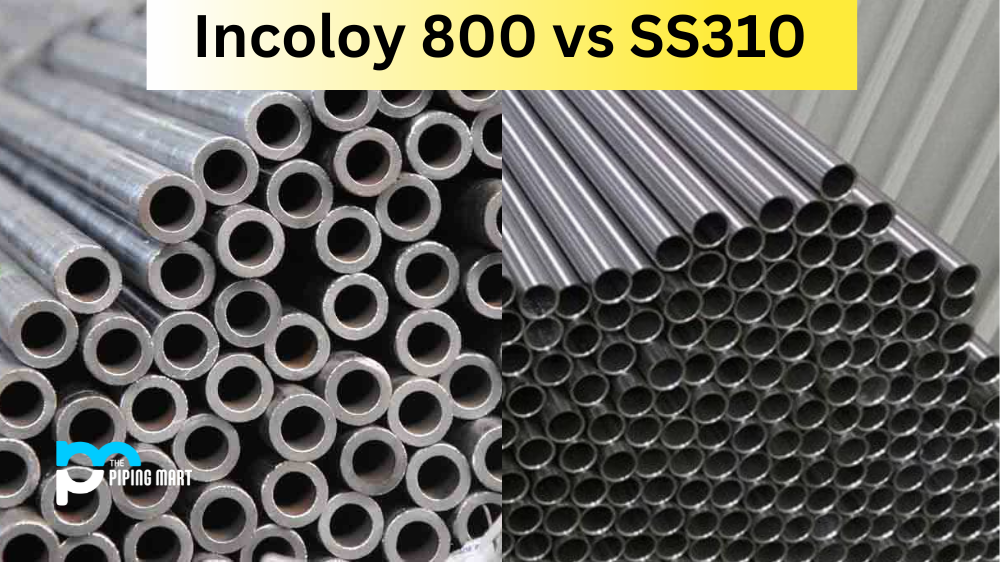Whether you are an electrician, a hobbyist, or just trying to do some DIY around the house, sometimes copper wire is the best option for your project. But when it comes to copper wiring, should you go with standard copper or tinned copper? Let’s take a look at the difference between these two types of copper and why one might be better for your particular project.
Standard Copper
Standard copper is the most common type of copper used in plumbing and electrical applications. It is also the least expensive type of copper. Standard copper is 99.9% pure and typically has a reddish color.
Tinned Copper
Tinned copper is a type of copper that has been coated with a thin layer of tin. Tinned copper is more corrosion-resistant than standard copper and is often used in marine applications. Tinned copper is also more expensive than standard copper.
Tinned Copper vs. Standard Copper
Standard copper is often referred to as “bare” or “uncoated” copper because it has not been treated with any coating or plating. It is usually used in less corrosive environments because it is more susceptible to corrosion than other types of wire. On the other hand, tinned copper has been treated with a thin layer of tin which helps protect it from corrosion and makes it more stable in wet conditions. This makes tinned copper ideal for applications where corrosion, such as marine use, could be an issue.
Electrical Resistance
Another major difference between tinned and standard copper is electrical resistance. Because a thin coating of tin protects its surface, tinned copper can have higher electrical resistance than standard bare-wire copper due to increased contact resistance caused by the extra layer of protection. This means that when using tinned wire in an application where current flow needs to be maximized (such as in high-power applications), a standard uncoated wire may be preferable since it will have lower electrical resistance than its coated counterpart.
Cost Differences
When comparing cost differences between standard and tinned wire, you will find that there isn’t much variation – usually only about 10%. Tinning adds an additional step to the manufacturing process, so there may be additional labor costs associated with producing this type of product. Generally speaking, both types of wire are relatively affordable options for most projects.
Advantages of Standard Copper
One advantage of standard copper is that it is less expensive than tinned copper. Standard copper is also easier to work with than tinned copper, as it does not require special tools or techniques to solder. Additionally, standard copper has a higher conductivity rating than tinned copper.
Advantages of Tinned Copper
One advantage of tinned copper is that it is more corrosion resistant than standard copper. Tinned copper is also less likely to oxidize than standard copper, which can improve its electrical properties over time. Additionally, tinned copper has a lower resistance to heat than standard copper, which makes it ideal for use in high-temperature applications.
Disadvantages of Standard Copper
One disadvantage of standard copper is that it is more susceptible to corrosion than tinned copper. Standard copper is also more likely to oxidize than tinned copper, which can degrade its electrical properties over time. Additionally, standard copper has a higher resistance to heat than tinned copper, which can make it unsuitable for use in high-temperature applications.
Disadvantages of Tinned Copper
One disadvantage of tinned copper is that it costs more than standard copper. Tinned copper is also harder to work with than standard copper, as it requires special tools and techniques to solder properly. Additionally, tinned copper has a lower conductivity rating than standard
Conclusion:
Both standard uncoated and tinned copper have advantages depending on what application you are working on. Standard uncoated copper may be preferable if you need low electrical resistance while still having good conductivity properties. At the same time, the tinned wire should be considered if corrosion becomes an issue in your environment. Ultimately, understanding the differences between these two types of wire can help ensure that you make the right choice for your particular project.

Meet Bhavesh, a seasoned blogger with a wealth of knowledge and experience. From metal products manufacturing to retail, Bhavesh has a diverse background in various industries and is dedicated to sharing his insights and expertise with readers.




